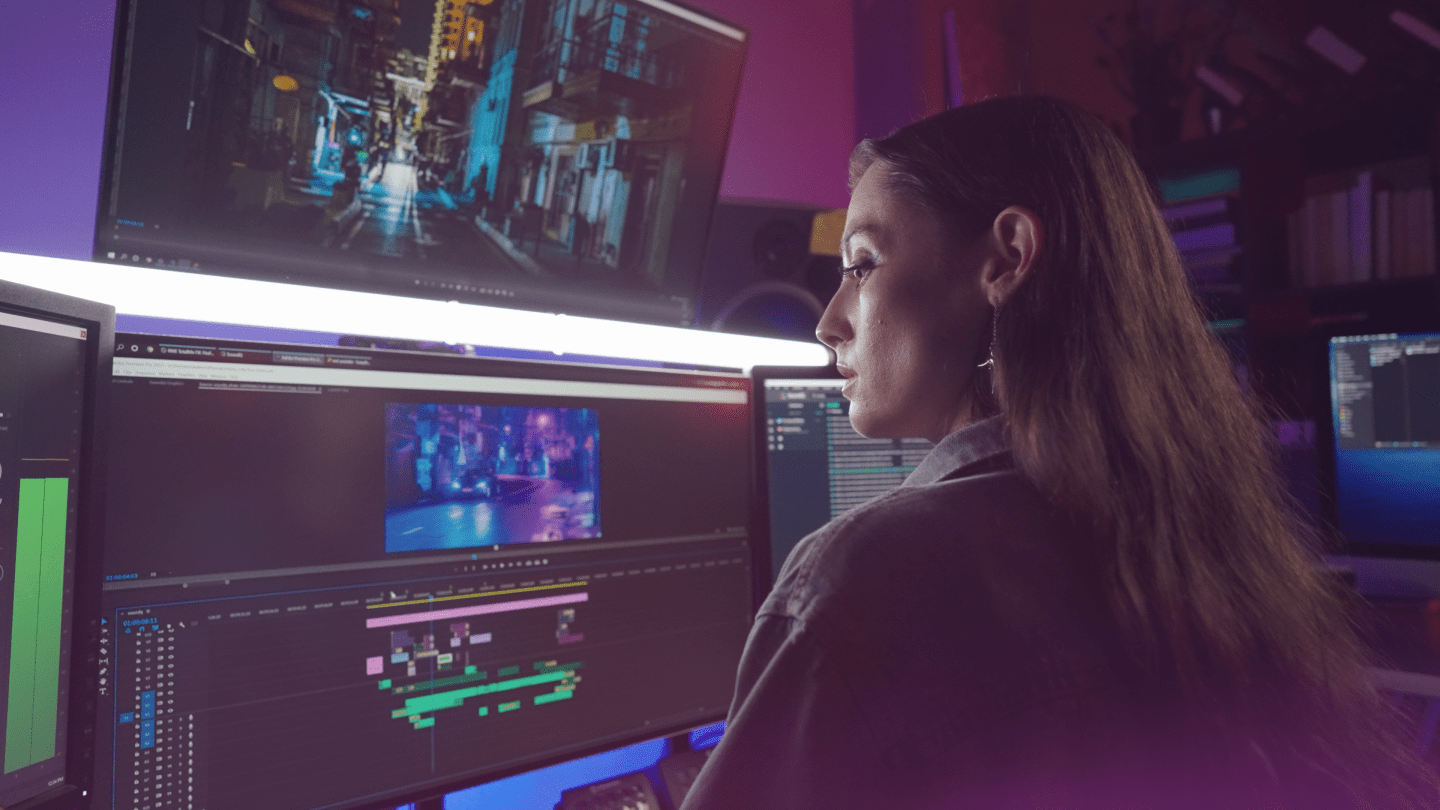
The prominent audio library Pro Sound Effects has entered into an agreement with Musical AI to license some of its materials for AI training.
Under the terms of the deal, announced Tuesday, Pro Sound Effects will give Musical AI access to certain recordings from its vast catalog to be used for AI training, with the library able to consent to how this material is licensed and utilized. Pro Sound Effects’ catalog contains more than 1.2 million sounds, from explosions to windchimes to aircraft noise. Its customers and contributing sound artists have worked on projects including Dune, Oppenheimer and The Batman.
The sounds will go into training datasets used by Musical AI’s clients (its first generative client is Beatoven, the AI music generator company). Musical AI will then report back to Pro Sound Effects on how its work has been utilized in AI outputs, with each output “tagged” with the names of rightsholders whose work was used to create it.
The goal of this approach, with Musical AI determining the role each licensee plays in an output, is to “facilitate fair and proportional royalty payments to creators,” the company says.
Last year, Musical AI partnered with the indie music distribution company Symphonic in its first major deal with a rightsholder.
Musical AI CEO Sean Power called the partnership a “huge win” for AI companies attempting to train their models, given that the “sonic diversity” and “excellent metadata” of Pro Sound Effects’ catalog. “By working together, we’re opening more doors for participation in generative AI while respecting and growing the value of the library PSE has built over the past 20 years,” he added.
While prominent news publishers have begun inking high-profile AI licensing deals, Hollywood has generally taken a more cautious approach to voluntarily contributing its copyrighted works to AI training datasets, at least publicly. Lionsgate was the first prominent studio out of the gate to strike an agreement with an AI company, Runway, in 2024. And actors’ union SAG-AFTRA has struck specific deals to allow its members to lend their voices for training and replication purposes with a focus on consent and compensation.
Of course, amid lawsuits from companies and creators claiming that AI companies essentially stole their copyrighted materials, major companies have claimed they are accessing publicly available materials through “fair use.”
In contrast, the Musical AI deal aims to give rightsholders the power to consent to AI training and to get appropriately compensated for that use. Douglas Price, the founder and CEO of Pro Sound Effects, said in a statement that the deal is “setting the bar” for “a model where sound effects are valued as essential creative tools, fairly licensed, and set up to fuel the future of AI audio innovation.”
#Pro #Sound #Effects #Teams #Musical #Licensed #Training





